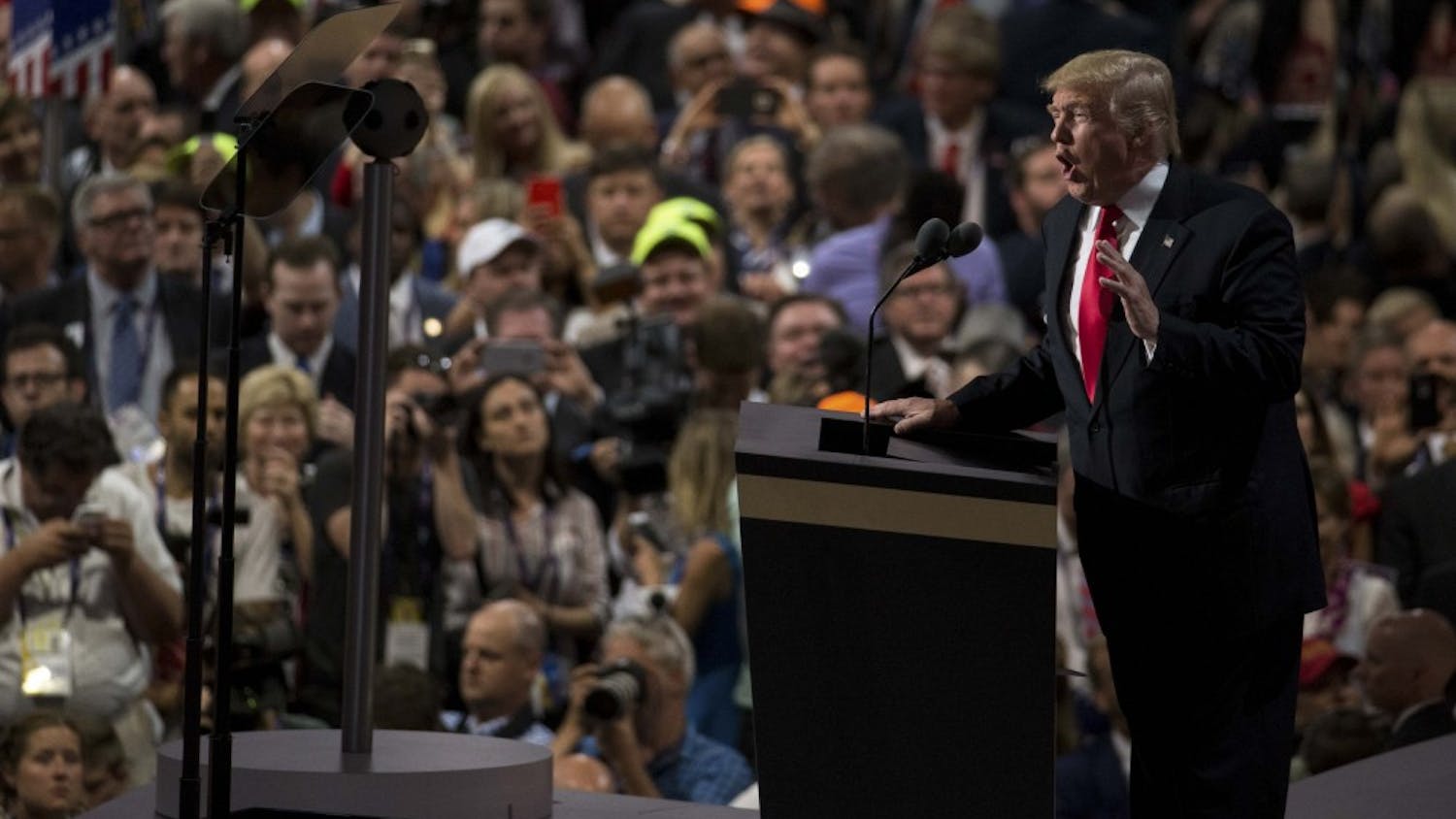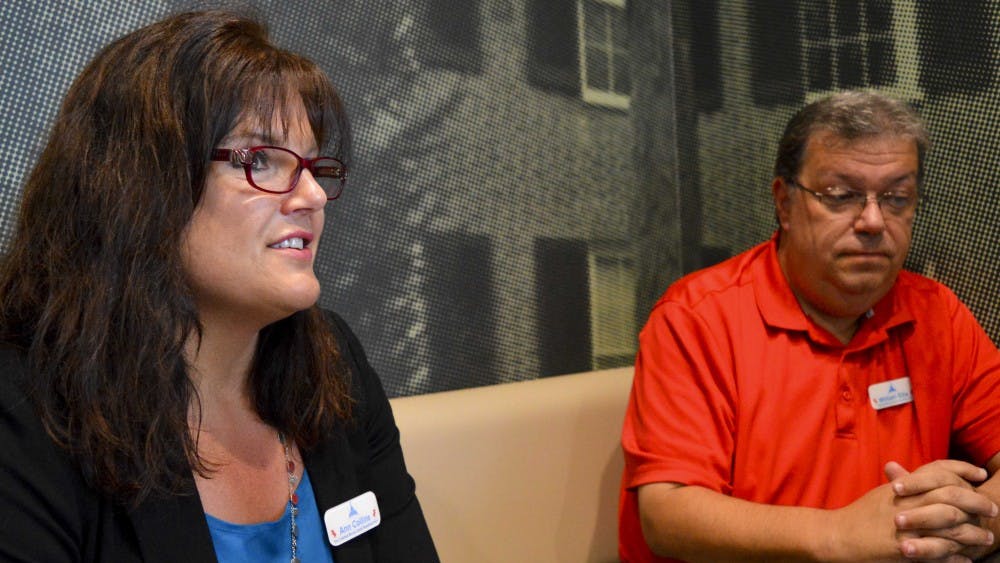Third-party presidential candidates often rail against their lack of ballot access and media exposure.\nBut they're not the only ones fed up with the system.\nAnd they don't have the worst of it.\nAsk Scott C. Palmer.\nThe Wabash, Ind., resident is one of the hundreds of independent write-in candidates to embark on a quixotic quest for that prized piece of real estate: 1600 Pennsylvania Ave.\nWhile the number of those who register with Federal Election Commission hovers steadily around 400, few have organized campaigns. They don't hold fund-raisers or buy billboards and air time. They don't have legions of volunteers canvassing neighborhoods to get out the vote. Instead, they rely on Web sites, Internet newsgroups and mass e-mail lists to spread the word. \nStill, they're serious enough about it to go through all of the formal procedures. A few have even managed to get ballot access in their home states. \nFor instance, Tennesseans will step into the voting booth with the choice of Randall A. Venson, a liberal political activist and radio talk show host. While he leans toward Green Party candidate Ralph Nader, Venson told The Nashville Tennessean that Nader's "brand of progressivism is not ethnically diverse enough." Though he has a cell phone and an aide or two, he realizes he can't possibly win -- he just hopes to "wake people up." \nThe people of Utah can vote for Louie J. Youngkeit, an eccentric conspiracy theorist who claims on his Web site to be the "heir apparent of the (late aerospace billionaire) Howard Hughes' estate." When he ran for president as a write-in candidate in 1996, he had 19 votes.\nWhat all of the write-in candidates have in common is disillusionment with the system. \nPalmer is no exception. A write-in candidate for the first time, Palmer is convinced that the media conspires to maintain the status quo of a "major party duopoly."\n"I talked to a Secret Service agent in Indianapolis, and he told me that 384 people ran for president in 1996," he said. "I was confused. All of the television stations were only talking about Bill Clinton, Bob Dole and Ross Perot."\nWhile he was troubled at the news, Palmer still had faith in the political establishment. \n"It could have been that they weren't trying," he said. "So I decided to run for president myself and see if all these people just weren't trying or if the media deliberately excluded them."\nTrying to launch a campaign for the highest office in the land, the novice politician came across a roadblock.\n"I filed my statement of candidacy with the FEC," he said. "Then I reported it to the television stations. The television stations told me that I wasn't newsworthy. Running for president, and I'm not newsworthy."\nIt was then that Palmer came to a realization.\n"I knew then that there's a concerted effort by the television stations, the Republicans and Democrats, to lie to the people about presidential candidates," he said. "If the stations know all these citizens are running for president, and they tell their viewers that only Republicans and Democrats are presidential candidates, then they're being deceptive."\nHe began to put things in perspective.\n"The Republicans and Democrats take money from the lobbyists, lobbyists for the corporations that own all the television stations," he said. "The corporations donate money to ensure legislation in return for excluding all the candidates."\nThough he considers himself a "fairly average guy," Palmer doesn't see how the country can be adequately represented by only two parties.\n"We live in a diverse country, made up of a wide range of people," he said. "You can't vote on what the parties believe -- you have to vote on what you believe. Democracy's supposed to be about the people, not the parties." \nAnd so, Palmer could only conclude the system was unfair, opposed to the exercise of one's constitutional rights. \n"I don't have $20 million to spend on the television or bumpers stickers and yard signs," he said. "But I read the Constitution. It doesn't say that you had to have those things in order to run. It only says that you must be 35 and born in the United States"
Presidential long-shots seek voice in elections
Unknowns use unconventional methods to be heard
Get stories like this in your inbox
Subscribe





